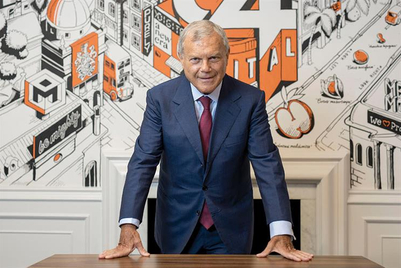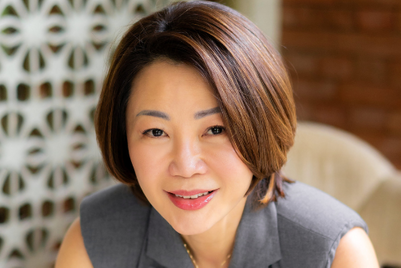.jpg&h=570&w=855&q=100&v=20250320&c=1)
Three years ago, there was a notorious incident at Sir Martin Sorrell’s last annual WPP strategy meeting as chief executive when he clashed with a guest speaker, Andy Main, then global head of Deloitte Digital. Sorrell played down the idea that Accenture, the most acquisitive of the management consulting firms, and Deloitte could move into the creative industries and he challenged Main onstage.
Jump forward to 2020 and things are different: WPP has hired Main to bring a more consultative approach to Ogilvy, where he is global chief executive, and Sorrell is two years into his reinvention as executive chairman of S4 Capital, which he has built into a £2bn business.
The worlds of consulting and creative services are coming closer. “The real competition for us is not the holding companies,” Sorrell tells Campaign. “The real competition for us is Accenture.”
Digital disruption was forcing change, even before coronavirus, as clients needed to transform their businesses. Combining strategy, creativity, technology, commerce and data makes sense, so that brands can offer a joined-up, digital experience for their customers.
Covid is accelerating those trends. Two notable deals of recent months have been Omnicom’s acquisition of DMW Group, a 150-strong consulting firm in the UK, to bolster its consultant arm, Credera, and Accenture’s acquisition of CreativeDrive, a 700-person digital content production company, to add to its Accenture Interactive agency empire.
The combination of creativity and consulting increases the potential addressable market for both sides and is worth $2tn a year, according to Credit Suisse. Before Covid, marketing services generated about $1tn, including $600bn from advertising, and digital transformation services, including customer experience, commerce and technology, were also worth about $1tn.
But the creatives and the consultants – the right-brain and left-brain thinkers – still find it hard to coexist. There is a tension between risk-taking and risk management, says one consultant, who believes the risk managers are winning the debate inside the consulting firms.
Sorrell claims there are doubts about Accenture’s commitment to Accenture Interactive and notes its agencies have taken a hit because of Covid. Accenture has not commented but points out it elevated the role of Accenture Interactive this year and made it one of four core services.
We should not be surprised consulting firms want to bring digital marketing closer to the centre of their organisations. Both Accenture Interactive and Deloitte Digital were given a degree of independence by their parent companies over the past five years or so and it worked. They built their own culture, recruited creative talent and scaled up. That might have been harder to achieve organically inside the main firm.
However, now that practically everything is digital, a lot of those capabilities – data-driven marketing and managing the tech stack and ecommerce and systems integration – are central to what clients want.
Meanwhile, the agency holding companies are moving in the same direction. They have seen traditional creative account work come under pressure and are building up skills in commerce and technology. They need to demonstrate that they can solve business problems, not just create brand desire and execute communications.
As Benjamin Braun, chief marketing officer of Samsung Europe, says in a new book, Build Brilliant Brands: “CFOs and CEOs have no interest in joining the meeting when a creative agency comes knocking – and, by and large, it’ll be the CMO who handles it. But trust me, when someone like McKinsey is at the door of a company to talk about marketing, it’s not the CMO who opens it.”
Ultimately, for all the talk of creativity and consulting coming together, most agency leaders say they don’t come up against the consultants much in competition. There has still been no large-scale merger between companies from the different worlds.
Which leaves a question: Will anyone build a “whole-brain” marketing and consulting services firm or are the two sides destined to stay slightly apart?
Gideon Spanier is UK editor-in-chief at Campaign



.jpg&h=334&w=500&q=100&v=20250320&c=1)


.jpg&h=334&w=500&q=100&v=20250320&c=1)




+(900+x+600+px)+(3).png&h=334&w=500&q=100&v=20250320&c=1)

.jpg&h=268&w=401&q=100&v=20250320&c=1)



.jpg&h=268&w=401&q=100&v=20250320&c=1)

.png&h=268&w=401&q=100&v=20250320&c=1)